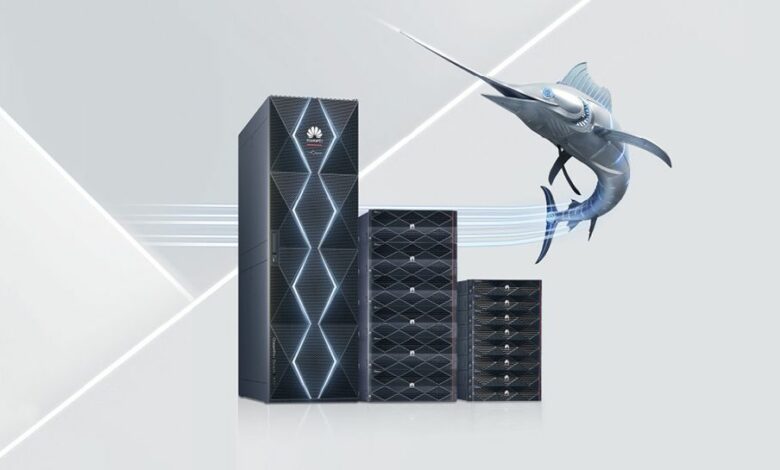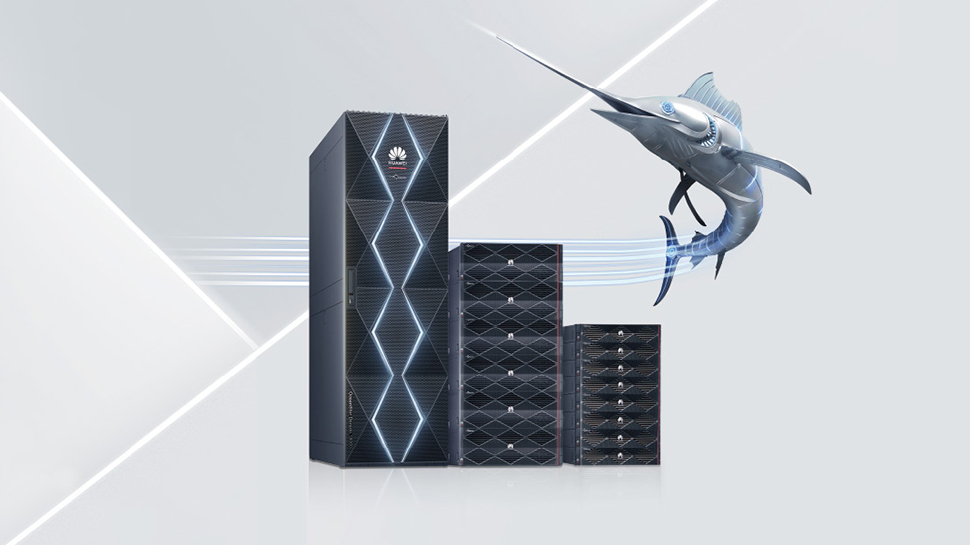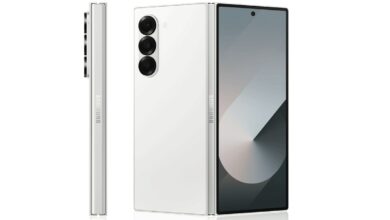Huawei introduces its next generation OceanStor Dorado all-flash storage – aimed at AI mission-critical workloads


Huawei has announced the seventh generation of its all-flash OceanStor Dorado array, claiming it will meet enterprise data storage needs for the AI era.
The new storage solution is specifically designed for mission-critical applications and delivers what the company describes as “extreme performance and resiliency” for complex AI workloads.
Huawei has divided the OceanStor Dorado family into three product groups: the high-end 8000 and 18000, the mid-range 5000 and 6000, and the entry-level 3000. The Dorado 18000 is said to deliver three times the performance of the previous generation.
Proactively detecting anomalies
The next generation OceanStor Dorado features a DPU-based SmartNIC that separates data and control streams, reducing processor bottlenecks. In addition, the newly upgraded FLASHLINK intelligent disk-controller-DPU collaboration algorithm enables more than 100 million IOPS and extremely low latency of 0.03 ms.
Huawei says its new storage solution offers “extreme resilience” thanks to its SmartMatrix full-mesh architecture, allowing the storage to tolerate the failure of up to seven of eight controller enclosures without service interruption and delivering 99.99999% system reliability. It also reportedly achieves a 99.99% ransomware detection rate and guarantees 100% data availability after recovery using intelligent snapshot technologies.
OceanStor Dorado’s native unified storage architecture supports various applications, such as databases, file systems and container storage, and the Data Management Engine (DME) uses AI to “fivefold O&M efficiency” by proactively detecting and addressing anomalies.
Huawei says its data storage products are currently deployed by more than 26,000 customers worldwide, including 53 of the top 100 banks.
In his keynote coverage said Blocks and files reported Yang Chaobin, director of the board of directors and president of ICT Products & Solutions, on the challenges Huawei faces as a Chinese company.
“We have many v6 customers looking forward to our next generation. Because of the US sanctions, we have a lot of restrictions politically, so now we are trying to gradually recover from many of those difficulties, and our customers are looking for that,” he said.




